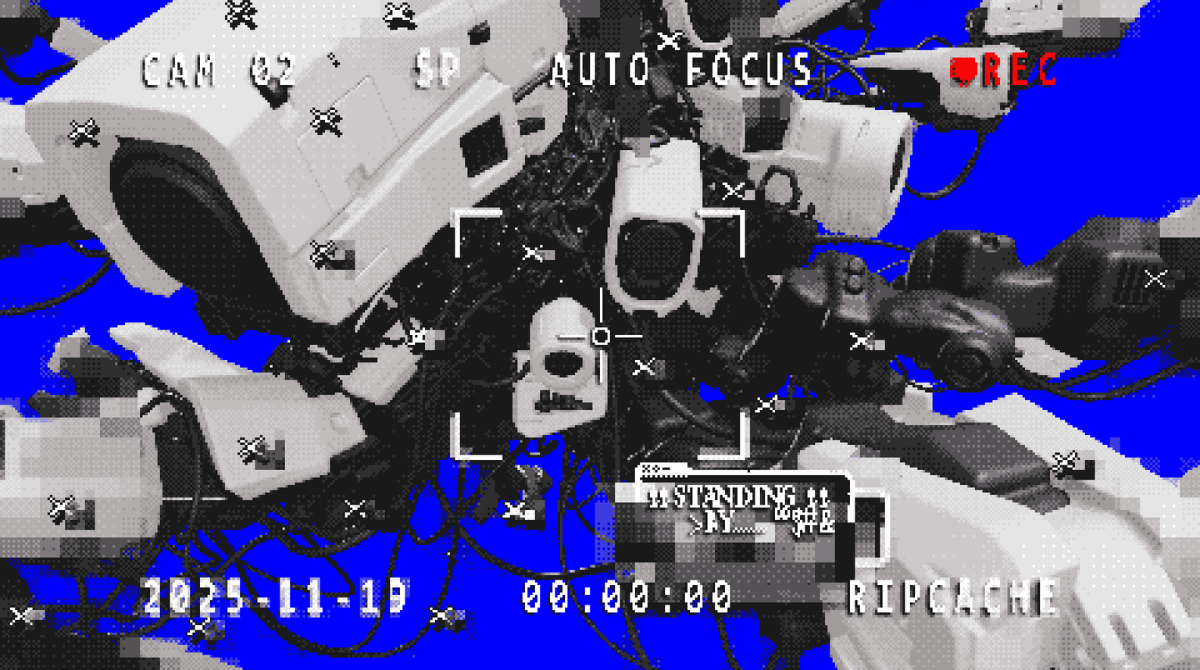Welcome to the OpenSea digest. Let’s look back through the biggest NFT and web3 news of the week.
Contemporary art gallery, Heft, opens its doors in NYC
Heft, a new curator-led exhibition space in New York’s Lower East Side, officially opened on April 23 with “Truth or,” a group show centered on generative and algorithmic art.
The exhibition features works by creators using AI and code, such as German-born artist and programmer Mario Klingemann, who invented the autonomous art robot known as Botto.
Other featured artists include conceptual AI-collage artist Gretchen Andrew, Tokyo-based multidisciplinary artist Emi Kusano, transhumanism-focused photographer Kevin Abosch, and the French collective Obvious, known for using machine learning to recreate classic portraiture.
NFT collectors and enthusiasts can visit now, as Heft offers an exciting chance to see how on-chain aesthetics and generative tools are showing up more within brick-and-mortar cultural spaces.
Pudgy Penguins partners with Ledger and Lotte
Pudgy Penguins, the NFT brand known for its playful Arctic-themed collectibles, is expanding its reach through strategic partnerships with crypto security firm Ledger and South Korean retail conglomerate, Lotte.
Soon, Ledger will release a limited-edition series of hardware wallets and accessories featuring Pudgy Penguins’ signature artwork and branding. The collection will debut at TOKEN2049 in Dubai and be available for purchase at an upcoming Cafe Takeover event at Kultur House Dubai on April 29 and at the conference on April 30 and May 1.
Simultaneously, the Penguins have partnered with Lotte’s Bellyland, an entertainment brand known for character-driven collectibles, to launch a limited run of 500 co-branded items.
Immutable and Ubisoft bring ‘Might & Magic’ franchise on-chain with new web3 game
Immutable, the Ethereum scaling platform for games, has announced the launch of “Might & Magic: Fates,” a new web3 title developed in partnership with global game publisher Ubisoft.
This announcement marks the first major release from their two-year collaboration and brings the long-running “Might & Magic” franchise on-chain for the first time.
Meebits partners with THINK Agents to turn NFTs into on-chain AI personas
Meebits, the voxel-based NFT collection originally created by Larva Labs and now owned by MeebCo, is getting a tech upgrade. The project has partnered with THINK Agents, an on-chain AI platform, to transform select Meebits into interactive digital personas.
Ten characters will be available for public experimentation starting this week while existing Meebit holders can seemingly expect to one day animate their NFTs too with AI capabilities.
Goblintown brings IRL chaos to Union Square with playable driving game
Goblintown took over New York’s Union Square this week with a three-day pop-up that turned its chaotic universe into a playable arcade experience.
The event, held April 20 to 22, featured four gaming stations set up on a branded truck where players attempted (and failed) to beat Goblintown: Really Hard Driving Game.
Popular streamer Kyroh even dropped by to play, and top scorers competed from a central “throne,” while onlookers watched from a mounted display.
For both gamers and NFT fans, the event signaled how web3-native intellectual property (IP) is finding new life in real-world entertainment.
Polygon and Jio team up to explore blockchain integration for digital services in India
Layer-two (L2) blockchain Polygon has partnered with Indian telecom giant Jio to integrate blockchain tech into services reportedly used by over 450 million people. The collaboration aims to add decentralized features to Jio’s digital platforms, including its JioSphere web browser.
Polygon co-founder Sandeep Nailwal emphasized the focus on real-world applications that serve Jio’s user base, telling Cointelegraph that “scalability and decentralization don’t have to be either-or.”
Eliza Labs launches no-code platform for creating AI agents
Eliza Labs, a company that powers autonomous agents on its elizaOS protocol, has released a no-code platform that lets users create their own AI agents using natural language prompts. The tool is reportedly designed for everyday tasks and can operate across platforms like X and other web3 ecosystems, with no programming required. The platform, called auto.fun, runs on elizaOS. The company says over 70 teams have already built agents and plugins using its protocol.
FWB introduces Friends With Builders to support on-chain creative development
Friends With Benefits, the membership-based web3 community known for its cultural events and DAO, has launched a new initiative called Friends With Builders.
The program is designed to support people who move between design, code, infrastructure, and culture. It includes funding, mentorship, and collaborative opportunities aimed at helping builders take experimental ideas from concept to launch.
Applications are open through April 28.





.avif)
.png)
.png)
.png)




.png)